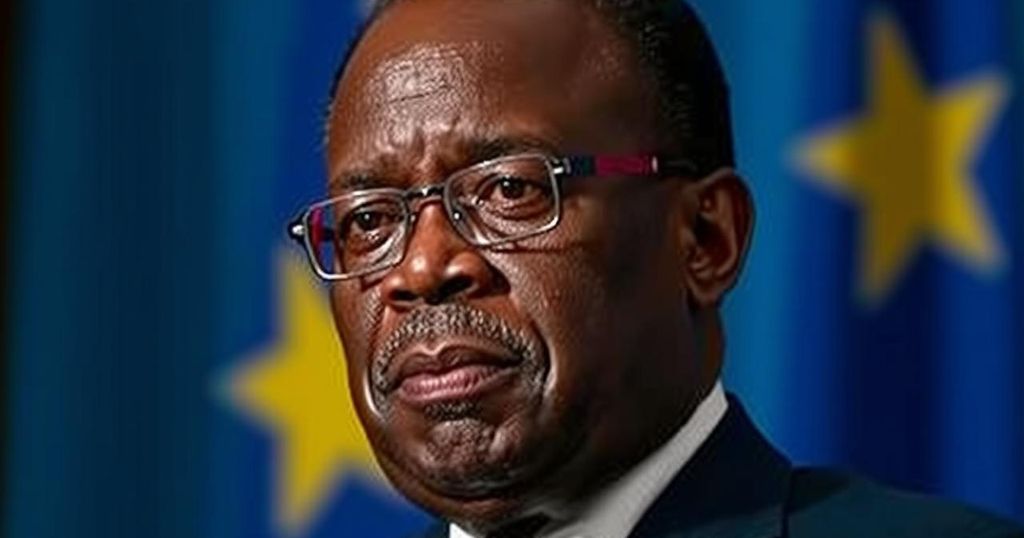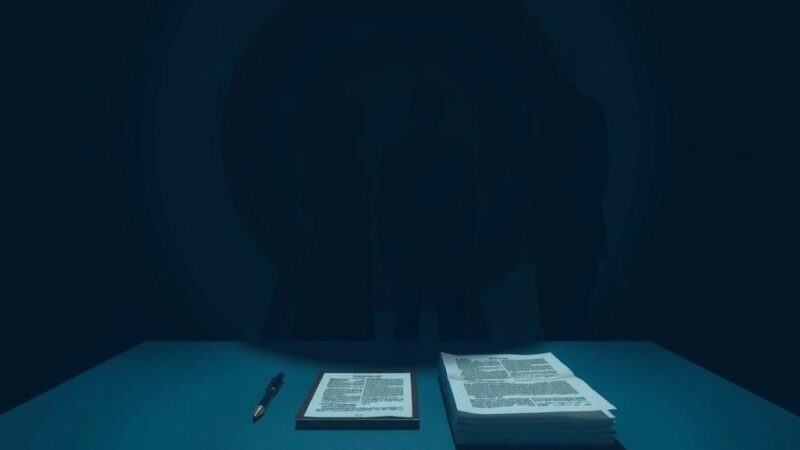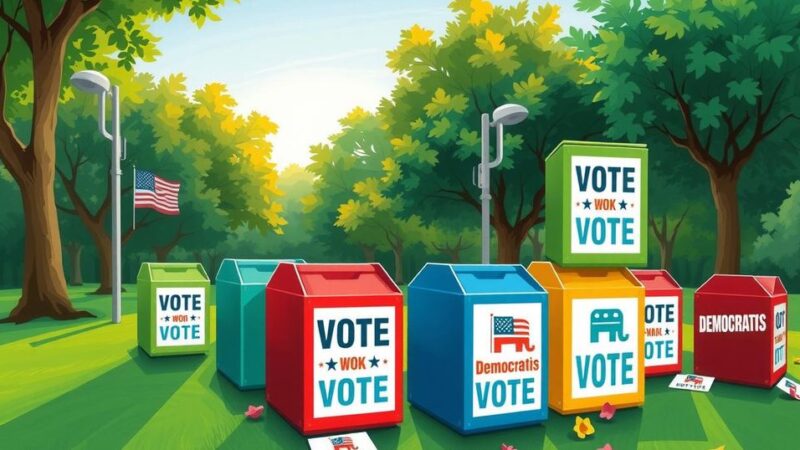President Felix Tshisekedi of the Democratic Republic of Congo has proposed changes to the constitution, including presidential term limits, during a speech in Kisangani. He plans to form a committee to draft a new constitution by 2025 and stated that the decision on term limits would be left to the people. This has raised concerns among opposition groups and civil society, given the country’s history with presidential terms and repression. Critics fear that these changes may circumvent the constitutional limits established by the previous administration.
During a recent address in Kisangani on October 23, Democratic Republic of Congo President Felix Tshisekedi suggested potential changes to the nation’s constitution, raising the idea of revising presidential term limits. This announcement came despite Tshisekedi’s earlier commitments to adhere strictly to constitutional provisions. He characterized the existing constitution as “outdated” and unfit for the realities of the country. To this end, President Tshisekedi expressed his intention to establish a committee tasked with drafting a new constitution in 2025, while asserting that any decision regarding the alteration of presidential term limits would ultimately lie with the populace. Support for constitutional revision has been voiced by various government officials, including the Minister of Media and Communication. Notably, on October 10, the secretary general of the ruling party encouraged members to advocate for constitutional amendments among their constituents. The topic of presidential term limits holds significant historical weight in the DRC. The current constitution, enacted in 2006 under former President Joseph Kabila, includes Article 220, which prohibits any changes to the presidential term lengths. Nonetheless, Kabila managed to extend his tenure beyond his legally mandated second term, which ended in December 2016, employing repression and violence. President Tshisekedi was a vocal critic of Kabila during this period, urging respect for the constitution. In light of recent developments, numerous civil society organizations, rights groups, and political opposition members have expressed concerns over Tshisekedi’s motives, suspecting an attempt to circumvent the two-term limit. Following his reelection in December 2023 amidst violent electoral conditions, the government has intensified repression against dissent, infringing on fundamental rights, including the freedoms of expression and peaceful assembly. Reports indicate that at least five individuals, among them politicians and human rights advocates, are currently being held arbitrarily. Although amendments to constitutions are generally permissible, any proposed changes in the DRC must align with international human rights obligations, ensuring the citizens’ rights to elect their representatives through free and fair democratic processes.
The political landscape in the Democratic Republic of Congo has been marked by a history of tumultuous leadership transitions and constitutional adherence. The 2006 constitution, formulated under the leadership of Joseph Kabila, established stringent rules regarding presidential terms, notably prohibiting any amendments to the term limits specified for the office. Despite this, Kabila’s administration was criticized for flouting these provisions during his tenure. President Tshisekedi’s recent calls for constitutional revision reflect ongoing tensions between democratic ideals and authoritarian tendencies within Congolese governance, as well as a populace wary of political maneuvering that could extend executive power.
In conclusion, President Tshisekedi’s proposals for constitutional amendments, particularly concerning presidential term limits, represent a critical juncture for the Democratic Republic of Congo. The pledge to form a committee for constitutional revision in 2025, coupled with support from government officials, indicates a potential shift in the political landscape. However, growing apprehensions among civil society and opposition groups underscore the need for vigilance in upholding democratic norms and human rights amidst calls for constitutional change. Reaffirming the importance of genuine electoral processes and public consent will be essential in navigating this complex situation.
Original Source: www.hrw.org






